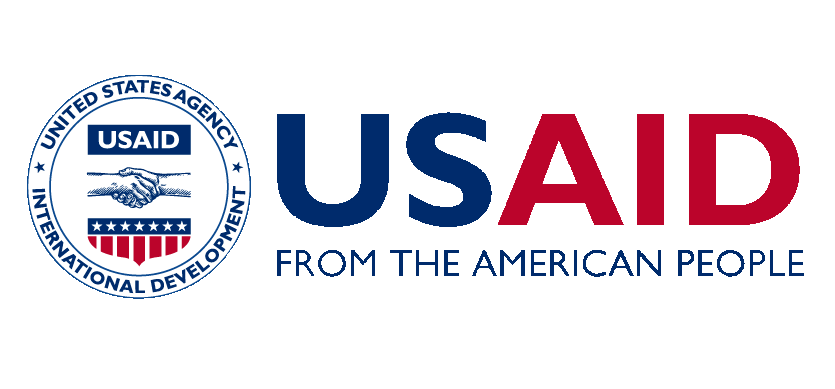Linking Population, Health, and Environment in Fianarantsoa Province, Madagascar
This brief explores the evolution of cross-sectoral approaches and projects linking family planning, health, and environment efforts in Fianarantsoa province, Madagascar.


